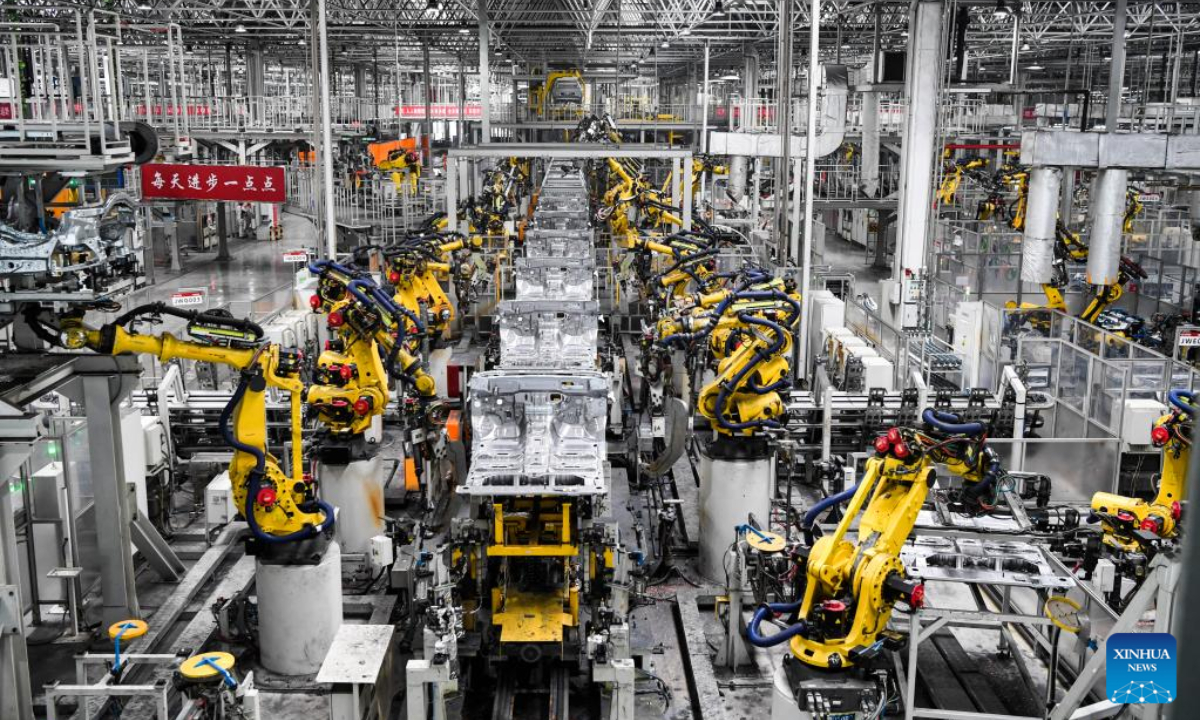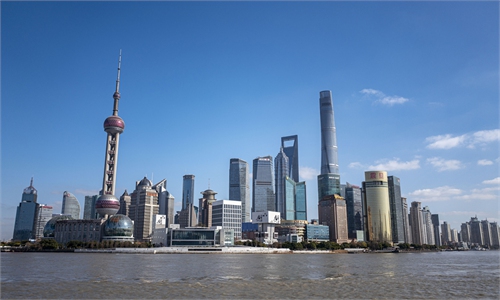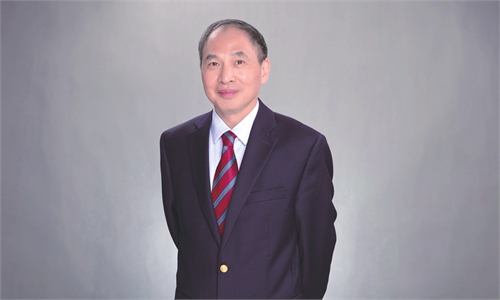China ramps up sci-tech self-reliance drive with establishment of new central commission

Photo:VCG
China has announced to establish a central commission that will be in charge of reviewing major national strategies for scientific and technological development, one of the most powerful changes to the country's innovation system in decades and which paves the way for the rollout of more policies to achieve core technological breakthroughs, experts said.
The commission's establishment, part of a series of recently announced institutional reforms, is also seen by many as a response to a toughening crackdown from Western countries targeting China's tech companies ranging from Huawei to TikTok, as the world's second largest economy goes all out to break Western countries' scientific blockade in pursuit of "self-reliance" in the tech sector.
The new commission, named the Central Commission for Science and Technology, will enhance the CPC Central Committee's centralized and unified leadership over the work of science and technology, according to a plan released by the CPC Central Committee and the State Council on reforming Party and state institutions, the Xinhua News Agency reported on Thursday.
Its functions include pushing forward the building of a national innovation system and structural scientific and technological reform, studying and deliberating major strategies, plans and policies for the country's sci-tech development, and coordinating efforts to resolve major issues of strategic, guiding and fundamental significance in the sci-tech sector.
It will also coordinate the deployment of strategic scientific and technological forces such as national laboratories, the plan said.
The responsibilities of the working body of the new commission are borne by the restructured Ministry of Science and Technology (MOST). A number of leadership groups related to science and technology have been scrapped.
Technological breakthroughs
According to experts, the establishment of the commission signals another lift to the strategic position of science and technology in China after the country designated science and technology primary productive forces, a theory put forward by Deng Xiaoping in 1988.
It not only reflects Chinese government's strategic emphasis on science and technology, but will also greatly enhance decision-making and execution efficiency that will have a key role in pushing China's key scientific and technological innovations in the days to come, experts said.
Ma Jihua, founder of Beijing DARUI Management Consulting Co and a veteran tech observer, told the Global Times on Friday that there were two major problems with MOST's oversight of the science sector in the past. "First, they had too much routine work to attend to. Second, their administrative level was not high enough to directly coordinate with different ministries and enterprises," Ma said.
One consequence of this is that although China launched the national strategy of innovation driven development as early as in 2016, and a large amount of money has been poured into scientific research since then, there has not been enough of a shift from research into concrete industrial productivity, Tian Yun, a macroeconomic observer, told the Global Times on Friday.
China's research and development expenditure rose 10.4 percent in 2022 to 3.1 trillion yuan ($448 billion), securing double-digit growth for seven years in a row, data released by the National Bureau of Statistics in January showed.
Experts also predicted that the new commission might soon make policy deployments to push research and application of core technologies such as chip production, new energy, new materials and artificial intelligence.
"The Central Commission for Science and Technology will likely plan to develop the Chinese chip industry by rolling out more specific measures, such as how to allocate policy resources and financial funds to boost the industry. They could also dispatch a team to implement relevant work," Tian said.
Ma also said that the commission will come up with more specific plans on new infrastructure development, detailing assessment indicators, development goals, people in charge and other matters.

Photo taken on Sep 22, 2022 shows an intelligent production base of the Great Wall Motors (GWM) in Yongchuan District of Chongqing, southwest China. Photo:Xinhua
Addressing external pressure
At the same time, setting up a top-level commission to oversee China's science and technology sector is also a move seen by experts as China's response and solution to a toughening global environment, with Chinese tech companies seeing an increasingly stringent crackdown and restrictions from certain Western countries.
The latest target of this crackdown is TikTok, which is facing another wave of suppression measures from the West.
Recently, the Biden administration has threatened to ban TikTok from the US unless the app's Chinese owners agree to spin off their shares. The UK government has also banned the app from government phones as a result of so-called security concerns, according to a report by Sky News.
Chinese foreign ministry spokesperson Wang Wenbin said on Friday during a press conference that China has consistently insisted that data security issues should not become a tool for certain countries to generalize national security concepts, abuse national power, and unjustifiably suppress other countries' enterprises.
Prior to the TikTok incident, the US government had also rolled out many crackdown measures against China's technological rise, such as issuing semiconductor-related export controls on China and enticing global chip giants to decouple from China's supply chains.
Experts said that the new commission will gear the country up to better handle external crackdowns like those mentioned above, as the commission will give clearer, more timely and appropriate instructions on how to cope with external sanctions.
"When China faces major scientific and technological security issues, the Central Commission for Science and Technology can listen to reports and suggestions from various sides, formulate a response strategy as quickly as possible and urge relevant departments to implement them," Ma said, adding that such a mechanism will "reduce the cost of communication and enhance the speed of response. "
Chen Jia, a veteran economic observer, also told the Global Times on Friday that at a time when the Biden administration is imposing increasingly harsh sanctions on China's science and technology sector, China must increase the strength of countermeasures in its top-level policy design as well as provide a comprehensive service system to help tech companies that are tapping overseas markets.
He also said that China could join hands with other developing countries to jointly oppose the rogue hegemonic behavior by certain countries to safeguard the interests of their tech companies.



